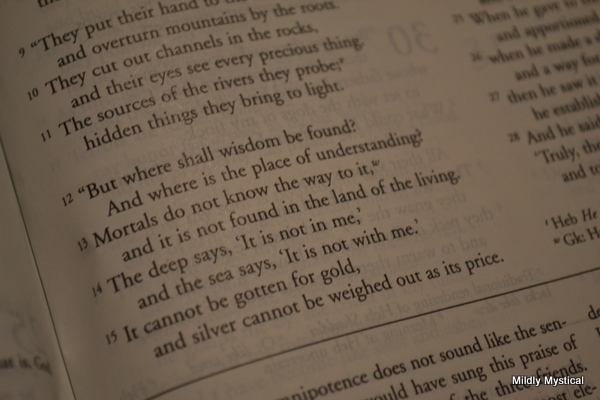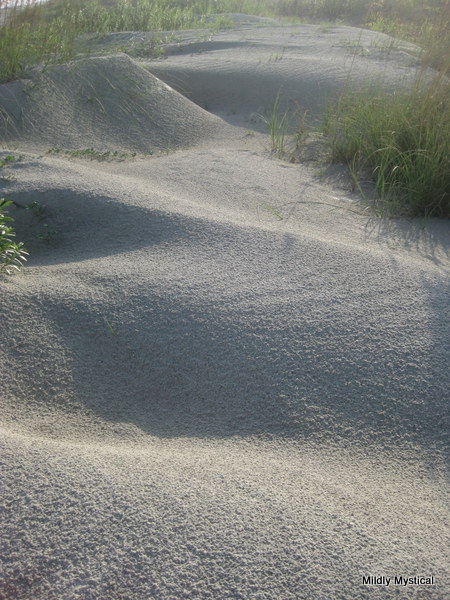“Where shall wisdom be found?” is an ancient question that remains as relevant as this week’s New York Times. An interesting article in Sunday’s paper provides a glimpse of how some researchers in our time understand wisdom. The attributes they discuss bolster quality of life in any circumstance. But in particular this article looks at how traits of wisdom foster positive, meaningful lives as people get older, and help in coping with serious physical decline.
One aspect of wisdom has to do with the ability to accept change, including changes in ourselves. Psychotherapist Isabella S. Bick points out that if we reject our current selves for not remaining the same as we were in the past, we cut off our ability to grow wise. Yet in different ways, and at different levels, this is exactly what we do. We spend a lot of energy trying to argue with what is.
One inevitable change, of course, is aging. In a culture that reveres youth as much as ours does, it’s hard not to feel diminished by age. But deep change happens in many ways, pushing us out of our comfortable places. Activities and relationships that gave life meaning go away. Involvements and priorities that once mattered no longer seem important. We are dealt new challenges.
Theologian Paul Tillich (1886-1965)* calls this “the shaken and devastated surface of [our] former lives and thoughts,” and says that facing it is how we grow. We are meant for a life of greater depth, and greater joy, but “the road runs contrary to the way we formerly lived and thought.” It’s a dismaying thought—all those miles in one direction just to turn around and go the other way. And who wants to disrupt a life, or a world view, when we’ve worked so hard to get where we are?
Tillich answers by reminding us that too much of the time “we talk and talk and never listen to the voices speaking to our depth and from our depth. We accept ourselves as we appear to ourselves, and do not care what we really are. . . We miss, therefore, our depth and our true life.”
People who have looked beneath the surface and “found that they were not what they believed themselves to be” know something of the depth of things. No one wants to endure a painful disruption, but it moves us toward wisdom, something most of us do hope to have in some measure at the end of our lives.
Tillich clarifies what we’re looking for. He says, “the name of this infinite and inexhaustible depth and ground of all being is God. That depth is what the word God means. And if that word has not much meaning for you, translate it, and speak of the depths of your life, of the source of your being, of your ultimate concern, or what you take seriously without any reservation.”
The heart of things lies beneath the potholed surface of our lives. But life’s challenges are real, and we need more than social research to help meet them. We need insight from beyond our current time and culture to help us become wise. Interpreting the spiritual wisdom of the ages is part of what we need from religion, and we stand in great need of theologians like Tillich who could bring a rich intellectual and spiritual life to his ministry.
He challenged his flock from all walks of life to deepen their existence. He told them, “the mark of real depth is its simplicity. If you should say, ‘This is too profound for me; I cannot grasp it’, you are self-deceptive. For you ought to know that nothing of real importance is too profound for anyone. It is not because it is too profound, but rather because it is too uncomfortable, that you shy away from the truth.”
The quality of our existence, individually and collectively, depends on meeting that challenge.
*The quotes from Paul Tillich are from “The Depth of Existence,” in his book entitled The Shaking of the Foundations.


